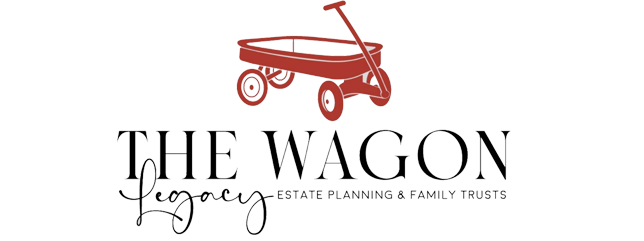Header: Why Every Self-Employed Individual Needs an Estate Plan
Being self-employed comes with freedom, flexibility—and a lot of responsibility. Whether you’re a solo consultant, a small business owner, or running a thriving practice, you’re likely used to wearing many hats. But one hat often overlooked? Estate planner.
An estate plan isn’t just about distributing assets after death—it’s about protecting everything you’ve worked for while you’re alive. For self-employed individuals, there are three critical areas to plan for:
1. Protecting Your Financial Future
As your own boss, there’s no company 401(k), HR department, or long-term disability policy to fall back on. It’s up to you to put those protections in place. A good estate plan, paired with sound financial and insurance strategies, can help:
- Provide for your family if something happens to you
- Ensure your business can continue without you
- Maximize retirement savings through tailored vehicles like SEP IRAs, Solo 401(k)s, or Defined Benefit Plans
- Establish disability and life insurance to replace lost income
2. Safeguarding Your Business
If you’re self-employed, your business often is your primary source of income—and possibly your family’s largest asset. What happens if you become incapacitated? What if you pass away unexpectedly?
A comprehensive plan should answer:
- Who will make decisions for the business if you can’t?
- Will operations stop, or is there a contingency plan?
- Can your family keep the business running—or sell it with minimal disruption?
- What’s the exit strategy if you want to retire?
Planning ahead means you won’t leave your team or your family scrambling in a crisis.
3. Minimizing Liability
Self-employed individuals often take on personal liability for business debts or legal issues. Without proper planning, your personal assets—including your home, savings, and inheritance left to loved ones—could be exposed.
With the right structure and estate tools, such as:
- LLCs or corporations to limit business liability
- Irrevocable or asset protection trusts to shield personal wealth
- Buy-sell agreements or business succession plans
You can limit risk and build real security for yourself and your family.
The Bottom Line
Running a business is demanding. But carving out time to protect what you’ve built is just as essential as growing it.
If you’re self-employed and haven’t created a plan—or your plan doesn’t address your business—now is the time to act. We’ll help you put together a thoughtful, customized estate plan that works for you, your business, and your future.
Let’s talk. Schedule a consultation and take the next step toward peace of mind.
